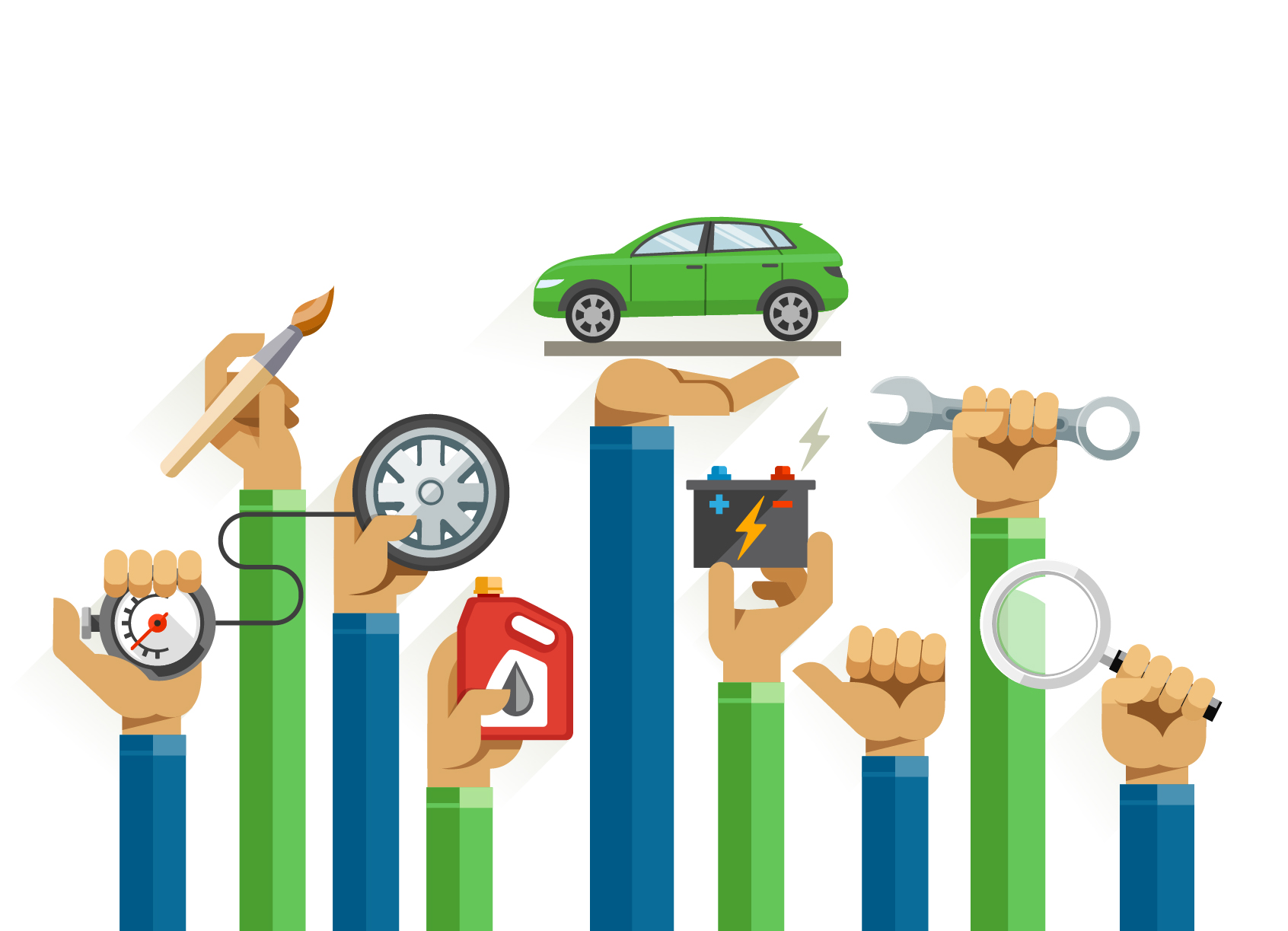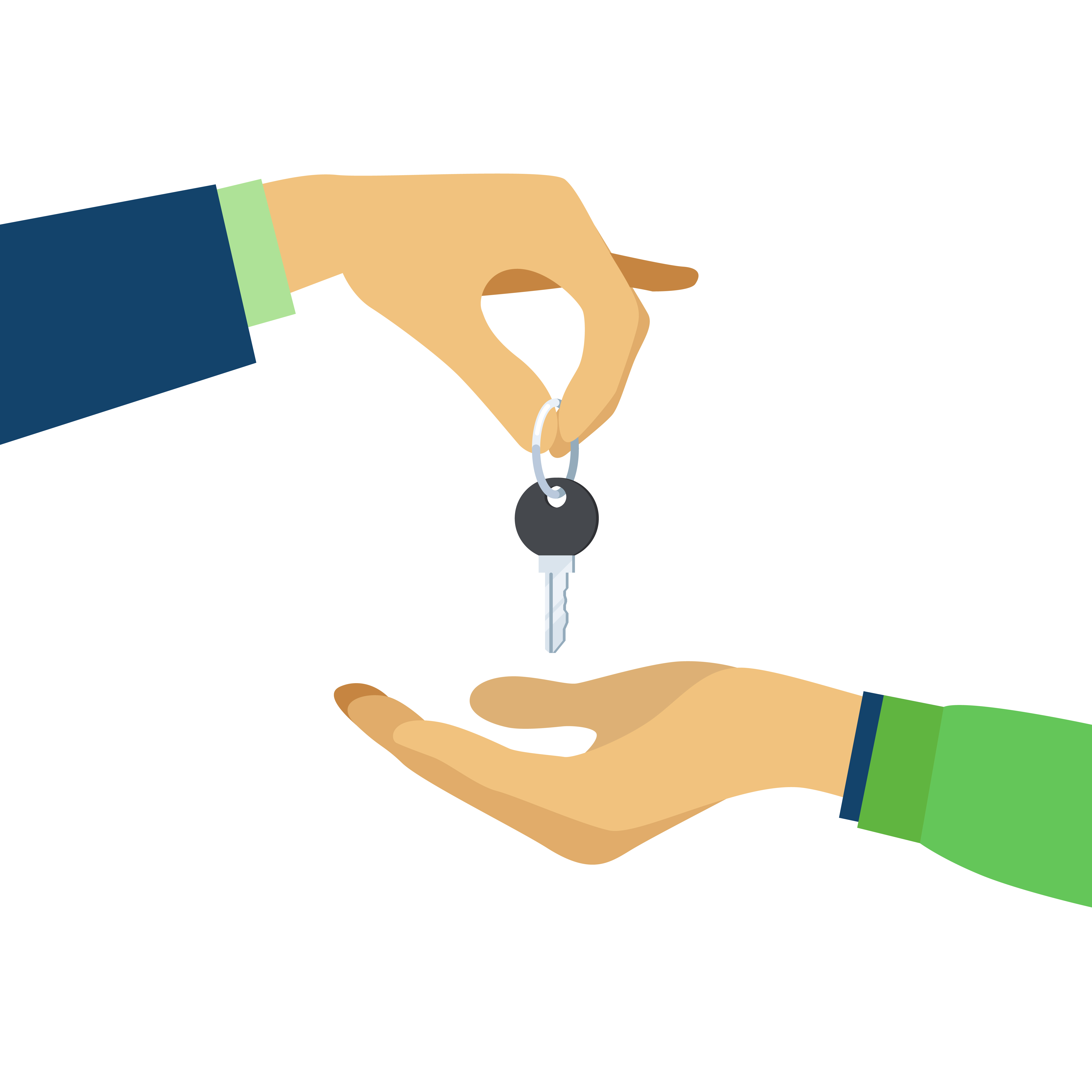How to Negotiate a Used Car
Buying a new car is an exciting time. You have found the one you want and done your research. Now it is time to negotiate the deal. Whether buying from a dealer or privately, you need to know how to negotiate a used car deal to get the best price.
Negotiating is an art but it is simple when you know how. Knowledge is empowering and will help you get the best deal.
Here we give you all the information you need to negotiate a used car deal.

Content List:
Check Service and Maintenance Records
Do Your Research
Identify the different vehicles that interest you and fits your lifestyle. Take into account what you want to use it for and your budget. Look for a car that is at least two years old. They lose up to 55% of their value from new in the first two years.
Do your research for it can save you a lot of money. Research mileage, prices, options, costs, repairs already done to the car, and ongoing maintenance costs.
Check Prices
Check out the instant market value of the vehicle you want to purchase. Check car values using websites like Kelley Blue Book. This gives you an idea of the retail and trade-in prices of cars. Also, check vehicle prices in your local area. There may be a lot of the same vehicle for sale so sellers could sell their vehicle for less than the retail price to move it on.
Use Autotrader to find cars for sale near you.
Check Consumer Reports
Read the annual Auto Consumer Report for independent, unbiased information and advice. It gives you all sorts of useful information including:
- the best and worst cars for each year
- recalls on different makes and models
- comprehensive road tests
- reliability
- owner satisfaction
- safety
Finance Rates
Ideally you have the cash to pay for your new used car. But this can be a big ask so you may need finance. Sure, car dealers offer finance but this can cost you more than if you have your own bank finance. Car dealers make money by signing you up so they want you to use their finance. But, if your credit is not so good, you may have a better chance of financing your used car though the dealership.
Prior to Buying a Used Car
No matter whether you are buying a used car privately or from a dealership there are things you should always do.
Inspect the Car
Use a checklist to examine the car. Download a checklist to record the results. They are a good guide to remind you what you should check and help to avoid buying a car that needs a lot of work. Fill one out for all the cars that interest you to help make an informed decision.
Take it for a Test Drive
Test drive any car you are considering buying. Before you start driving, ask the seller to go over how everything operates and make yourself comfortable. Check the mirrors are set up so you have a clear vision. Adjust the driver’s seat to the ideal driving position. Take the car for a drive in conditions that resemble your everyday driving activity. The purpose is to find out how it handles in all road conditions and that everything works.
Check:
- windshield wipers
- power windows
- air conditioning
- heater
- radio
- taillights and headlights
- for odd noises that could indicate a problem

Check Service and Maintenance Records
Ask the seller for maintenance records to check for regular vehicle maintenance and servicing. Sometimes sellers may try to hide major problems with the car. Write down the vehicle identification number (VIN) which has 17 digits and check its history out yourself. The VIN is usually on the dashboard or the driver’s side door sticker, or it may be under the hood. Enter the VIN on a website such as Autocheck or CARFAX for a detailed history that will include:
- registration
- use such as part of a car rental or leased fleet
- damaged in flood water
- safety of airbags
- history of accidents
- damage to the structure
- if there are odometer rollbacks
- information about servicing and repairs
- any recalls
Ask Questions
Ask the seller a lot of questions such as:
- Why are you selling the car (private sellers)?
- How many owners has the car had?
- How much mileage is there on the odometer?
- Has it been involved in any accidents?
- Has it had electrical damage?
Vehicle Checks
Take the car to your or an independent mechanic for a report on its condition. This will give you a good idea about what needs repairing and the potential cost. Walk away if the seller tries to talk you out of an independent check by a mechanic.
Trading a Vehicle
When you want to trade in your old vehicle as part of a deal for your new car, you are better off selling it yourself online. Sure, it is more of a hassle and will take longer. But you will get more money if you sell it yourself. Also, there are pitfalls such as a bounced check and you could end up without your car as well as no money. The last thing you need is the buyer running off with your car.
Now there is a simple solution that makes selling your old car easier and ensures you get paid. Escrow is the answer as it protects both the seller and the buyer. It is the only licensed escrow service to use.
The buyer simply transfers the payment to Escrow.com and each party is equally protected. Give the buyer possession of the car when they have escrowed payment in full. And, if you need to ship the vehicle, the buyer releases payment once they receive it and are happy with the car after inspecting it. Escrow.com tracks delivery to ensure it is delivered according to your agreement. You never have to worry about getting paid.
How Used Car Sellers Make a Profit
Used car dealers need to make a profit and they make it from you. Do you know how?
- From your trade-in when they sell it for a profit.
- Buying used cars at a wholesale price and adding 10% to 15% mark-up to arrive at a retail price.
- Upselling your things like extended warranties, finance packages, and extras such as pain and fabric protection.
Before you start negotiating a used car deal take these into account.
Know what your trade-in is worth and decide what amount you will settle for before you talk to the seller. If you cannot get a reasonable price, you may be better off selling it yourself.
You do not have to finance your car through the car dealership. You can get your own finance from any bank or credit union. When the dealer starts talking finance, let them know you have your own. But it can be worth listening to the deal on offer as you may get a better interest rate. Be careful though. Make sure any finance deal from the seller stacks up against the offer you already have.
Extended warranties may have value and can be expensive. Consider whether you really need one. Better still, get third party quotes for an extended warranty and use them as a bargaining tool when the seller brings it up.
Negotiate the Used Car Deal
Now you have all the information and have pre-approved finance, it is time to negotiate the deal for your used car. Know how much you are willing to pay for the car before you inspect it. And stick to it. Prepare yourself to walk away if the seller does not meet your price.
When car shopping with your partner, make sure you are both on the same page and work out what you are going to say. There is nothing worse than if one walks out and the other agrees to the seller’s price.
Make Your Offer
Make you offer at around 10% to 12% less than the asking price. Tell the seller you know the mark-up is around 15% and the wholesale price. Then stay quiet. Let the seller speak. They will probably play hardball and tell you the price is already low. That is when you let them know you only care about what they paid for the car, not the retail price. Tell them the closer they get to the wholesale price, the more likely you are to agree to a deal.
Stick with your resolve as the seller tries to guilt you into paying more. It comes down to this. The seller has a car to sell you want to buy. Because you have done your research, and had the vehicle checked over you know whether there are things that need repairing. Point out any repairs required and any defects such as a heater or radio that does not work. These will make the car harder to sell. Sellers want to sell quickly. They do not want the car sitting around. Let them know you are already there, willing to take it off their hands for the tight price.
If they do not like your offer and do not budge on the price, be willing to walk away. There are plenty more cars out there to buy. You can get a better deal elsewhere. Do not become too attached to any one car before closing the deal.
It takes around four hours to buy a car so you do not want to waste your time and walk away empty-handed. The seller may counter with a lower price that still does not meet your offer. Make a return offer and if they do not accept it, thank them for their time and leave. Let them know you have to go as you have to look at the same car elsewhere at a better price. Leave your phone number so the seller can call if there is a change of heart.
But if they come close to what you want to pay, it is worth shaking hands on the deal. You will leave knowing you negotiated a great deal on your new used car.

Refuse Any Extras
And, if you decide to buy from a car dealer instead of privately, remember they make money on extras such as paint and fabric protection, rustproofing, and window tinting. Turn them down. If you really want or need these things, you can get them done yourself cheaper.
Other Negotiating Tips
Here are some other tips to help negotiate a used car deal:
- Visit dealers late in the month. Most people go car shopping on weekends so dealers are less likely to negotiate as they are busy with other customers. Visit car dealers on a Wednesday or Thursday late in the month when they have few customers. Car salespeople have monthly quotas to hit so they are more likely to negotiate better deals to hit that quota.
- Follow-up after walking away. There are three good times to follow-up:
- Sunday night. When you walk away because you cannot agree on price, follow-up on a Sunday night just before the dealership closes. Remind them you talked to them about the car and are still interested if they can meet your price. They may do the deal if it is possible to meet your price, especially if they have not sold many cars over the weekend.
- End of the month. Follow-up at the end of the month when salespeople and dealers are under pressure to make sales targets. A deal they refused early in the month can make sense at the end of the month if they have not met sales targets.
- In bad weather. When the weather is bad, car dealerships have few customers. Call them up and remind them you are happy to proceed with the sale if they are willing to meet your price. You have a good chance of them saying yes or coming closer to your price because the lot has few or no other customers.
If all this fails to close the deal at the price you want to pay, there are plenty more cars for sale.
In Summary
Keep your cool and be polite throughout the whole process. Be smart and show everyone respect while standing your ground. Selling a car can be tough so you will not get very far if you are rude. In fact, they will respond to you aggressively and make you wait instead of being willing to negotiate a used car deal.
Now you know all the ins and outs of negotiating a used car deal. Research is the most important part of the process to get the best vehicle to suit your lifestyle for a good price. And you can escrow the money so you know it is safe while you fully inspect the vehicle. Only release payment when you are happy with its condition.
Good luck using your negotiating skills next time you want to buy a new used car.